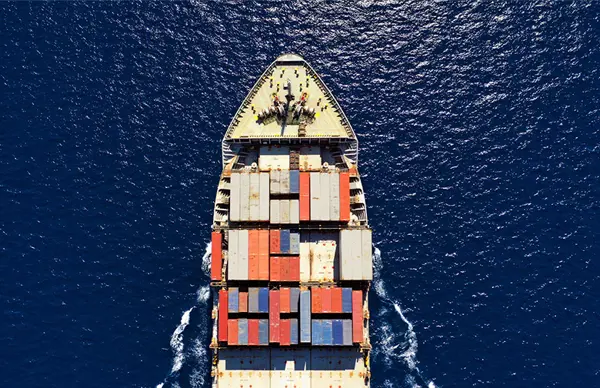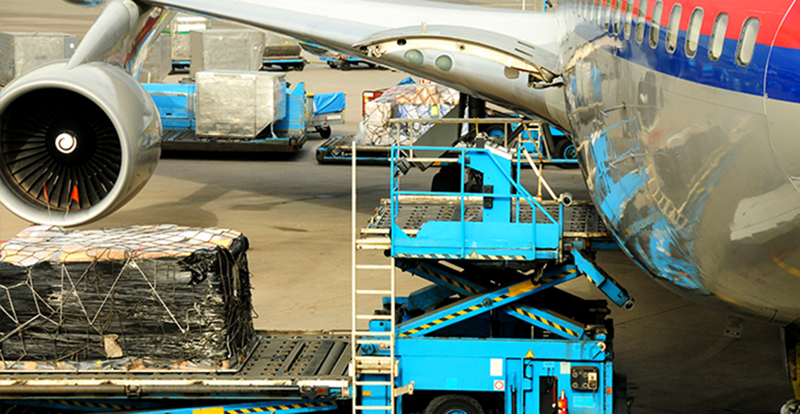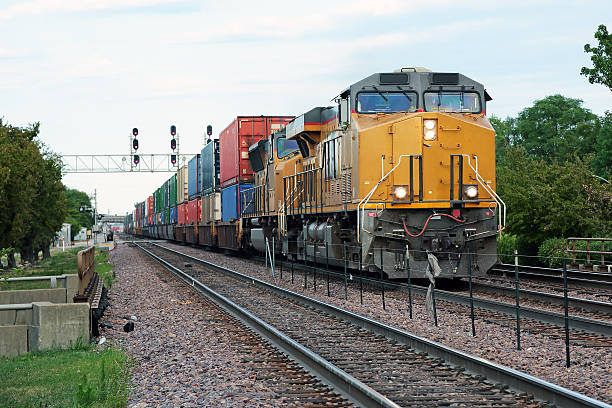Efficient logistics service China to France is vital for businesses importing products across continents. As global trade intensifies, companies seek reliable, affordable, and time-sensitive solutions. This guide explores transport methods, shipping costs, transit times, customs requirements, and real-world case studies to help you choose the right logistics partner.
What Makes Logistics Service from China to France Reliable?
Reliability in logistics means consistent delivery, minimal delays, and transparent cost control. Chinese exporters and French importers depend on service providers who handle everything — from pickup, warehousing, and documentation to customs clearance and final delivery.
Moreover, a trusted logistics partner ensures compliance with EU import regulations. They also use digital tracking systems that give visibility throughout the shipping journey. As a result, businesses can forecast inventory and manage supply chains more effectively.
| Factor | Description | Impact on Business |
|---|---|---|
| Transit Time | Time from departure to destination | Influences inventory scheduling |
| Cost Efficiency | Pricing per CBM/kg | Affects product competitiveness |
| Customs Expertise | Handling import/export paperwork | Prevents delays and fines |
| Cargo Safety | Packaging and handling quality | Protects shipment value |
How to Choose the Best Logistics Mode from China to France?
Choosing the right shipping mode depends on urgency, cargo volume, and budget. There are three primary options — sea freight, air freight, and rail freight.
| Shipping Mode | Average Cost | Transit Time | Best For |
|---|---|---|---|
| Sea Freight (FCL/LCL) | $2,000–$4,000 per container | 30–40 days | Bulk goods |
| Air Freight | $6–$10 per kg | 5–7 days | Urgent or high-value items |
| Rail Freight | $3,000–$5,000 per container | 18–22 days | Balanced time-cost shipments |
Additionally, multimodal transport (combining rail and truck delivery) has become a growing trend. It offers reduced CO₂ emissions and faster delivery to major French cities like Paris, Lyon, and Marseille.
What Are the Shipping Costs from China to France?
Shipping costs vary due to several factors — cargo type, weight, dimensions, delivery route, and customs duties. However, proper route selection and container optimization can reduce costs by up to 15%.
| Cargo Type | Shipping Method | Approx. Cost | Delivery Time |
|---|---|---|---|
| Electronics | Air Freight | $8/kg | 6 days |
| Furniture | Sea Freight (FCL) | $3,200 | 35 days |
| Textiles | Rail Freight | $3,800 | 20 days |
Additionally, surcharges may apply during peak shipping seasons or due to fuel price adjustments. Always compare quotes from multiple freight forwarders to secure competitive rates.
What Customs Documents Are Required When Shipping from China to France?
Although customs procedures might seem complex, having all documents ready prevents shipment delays. The French customs authorities (Douane Française) follow strict EU import regulations.
| Required Document | Purpose | Issued By |
|---|---|---|
| Bill of Lading (B/L) | Proof of shipment | Shipping line |
| Commercial Invoice | Declares goods’ value | Exporter |
| Packing List | Details of goods | Supplier |
| Certificate of Origin | Identifies country of manufacture | Chamber of Commerce |
| Import Declaration (DAU) | Enables customs clearance | Importer |
In addition, high-value goods may require CE certification, and restricted items must have import licenses before arrival.

How Long Does Container Shipping from China to France Take?
Transit time depends on the departure port, shipping route, and customs efficiency. Generally, full container loads (FCL) move faster than less-than-container loads (LCL) because consolidation takes time.
| Route | Mode | Transit Time | Port of Entry |
|---|---|---|---|
| Shanghai → Le Havre | Sea Freight | 32–38 days | Le Havre |
| Shenzhen → Lyon | Rail Freight | 18–20 days | Lyon Terminal |
| Guangzhou → Paris CDG | Air Freight | 5–6 days | Charles de Gaulle |
Moreover, digital shipment tracking helps anticipate potential delays due to weather or port congestion, ensuring proactive scheduling.
What Are the Advantages of Partnering with a Professional Logistics Company?
A professional logistics company provides end-to-end solutions, saving time and reducing administrative burden. Their services include warehouse management, documentation, insurance, and door-to-door delivery.
Additionally, they maintain partnerships with global carriers, ensuring steady cargo space and predictable transit times. On the other hand, inexperienced agents often struggle with customs compliance, causing unexpected expenses.
Advantages include:
- Customs pre-clearance and import tax guidance
- Lower transportation costs through bulk rate contracts
- Cargo insurance and tracking systems
- Real-time delivery updates
Without a doubt, professional management improves supply chain resilience and profitability.
Real Case Studies: Logistics from China to France
Case 1: Electronic Goods from Shenzhen to Paris
Cargo Type: 10 tons of laptops
Mode: Air Freight
Cost: $9/kg
Transit Time: 6 days
Result: Delivered to Paris CDG ahead of schedule, clearing customs within 24 hours.
Case 2: Furniture from Ningbo to Marseille
Cargo Type: 2×40ft containers of wooden furniture
Mode: Sea Freight (FCL)
Cost: $3,500 per container
Transit Time: 38 days
Result: Shipment arrived safely, warehouse-to-warehouse tracking ensured transparency.
How to Optimize Your Supply Chain Between China and France?
Efficient supply chain management begins with accurate forecasting and inventory planning. Companies should analyze delivery schedules, warehouse capacity, and customs clearance time.
In addition, consolidating shipments or choosing rail freight for mid-range deliveries can reduce overall cost and emissions.
| Optimization Strategy | Benefit |
|---|---|
| Use Rail Freight for Medium Cargo | Balance between speed and cost |
| Consolidate Shipments | Lower container costs |
| Pre-clear Customs | Avoid port delays |
| Partner with Reliable Forwarder | Ensure documentation accuracy |
To summarize, adopting a data-driven logistics approach minimizes disruptions and enhances operational efficiency for cross-border trade.
Conclusion
Efficient logistics service China to France requires balancing cost, speed, and reliability. By choosing the right mode—air, sea, or rail—and working with experienced logistics providers, businesses can reduce expenses and enhance supply chain stability. Moreover, proper customs documentation and digital tracking ensure smooth transit and timely delivery.
Ultimately, successful trade between China and France depends on careful planning, transparent communication, and strong partnerships with trusted logistics experts.
- Consult TJ China Freight Forwarding for the lowest quote. They will provide you with reliable, cost-effective service.
FAQs
Q1.How much does container shipping from China to France cost?
Container shipping usually ranges between $2,500 and $4,000 depending on route, cargo volume, and seasonal rates.
Q2.What is the fastest logistics service from China to France?
Air freight is the fastest option, delivering most goods from China to France in about 5–7 days.
Q3.Can I track my shipment in real time?
Yes, logistics companies provide digital tracking for door-to-door visibility, ensuring efficient cargo management and status updates.
Q4.What customs duties apply when importing from China to France?
Customs duties depend on HS codes; electronics average around 3–5%, while textiles or furniture vary slightly.
Q5.Is rail freight from China to France reliable?
Indeed, rail freight offers consistent schedules and moderate pricing, ideal for medium-value goods needing faster delivery than sea freight.




